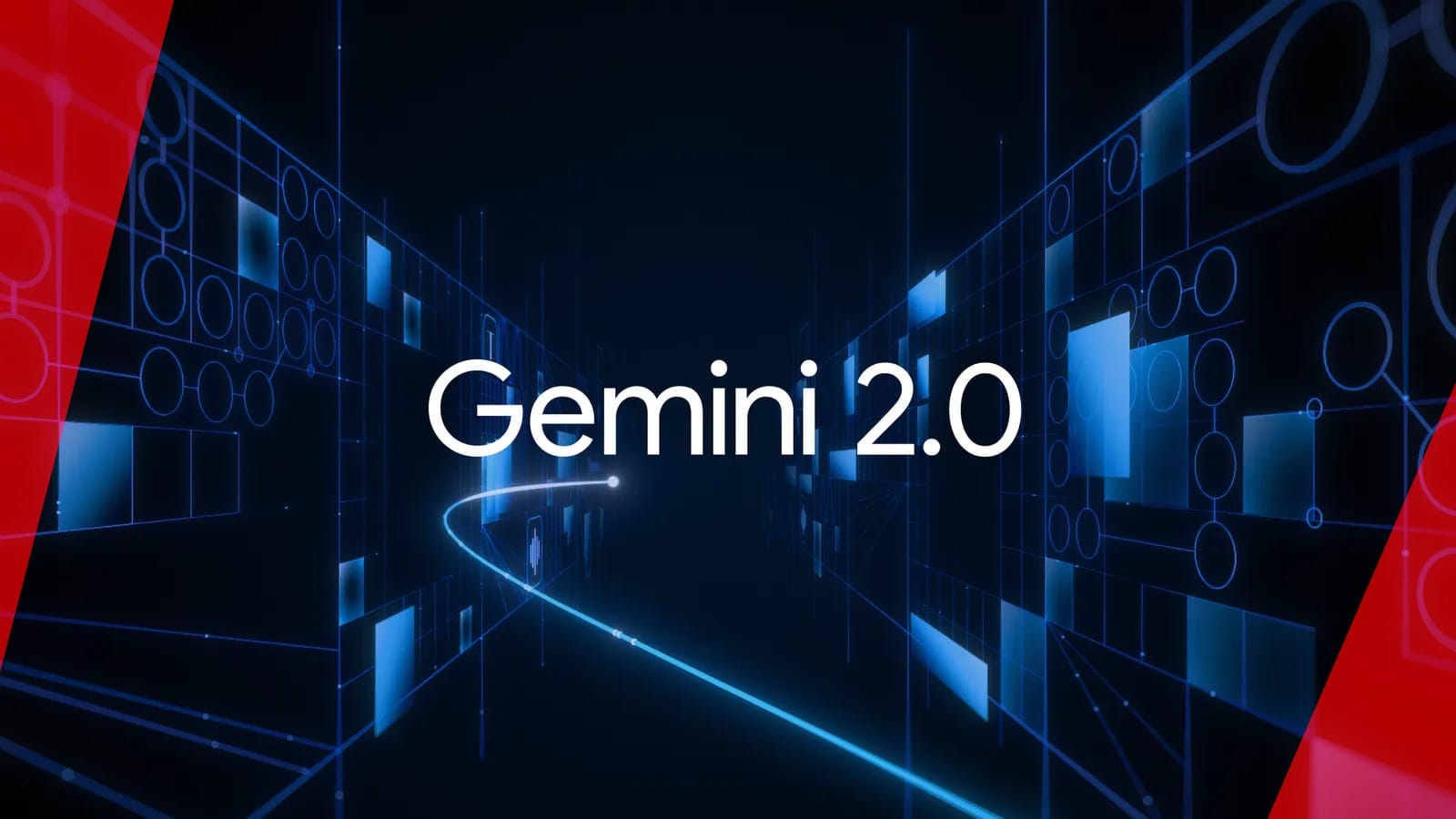Google has announced Gemini 2.0, its latest artificial intelligence model that introduces significant advances in multimodal capabilities and autonomous agent features. The experimental version, Gemini 2.0 Flash, is being released first to developers and trusted testers through Google’s AI platforms.
According to Google, the new model can generate text, images, and multilingual audio while operating at twice the speed of its predecessor, Gemini 1.5 Pro. The company states that 2.0 Flash can natively use external tools like Google Search and code execution, enabling more complex task completion. While the base model is available immediately, image generation and audio features are limited to early access partners until a broader release in January 2025.
The announcement introduces three major research prototypes built on Gemini 2.0: Project Astra, Project Mariner, and Jules. Project Astra functions as a universal AI assistant with improved dialogue capabilities and tool integration. Project Mariner, implemented as a Chrome extension, can navigate web interfaces and complete online tasks, achieving an 83.5% success rate on benchmark tests according to Google. Jules is designed to assist developers with coding tasks.
Google emphasizes its focus on responsible AI development, implementing safety measures including SynthID watermarking for synthetic content and extensive testing protocols. The company reports that Gemini 2.0 includes enhanced safety training and automated risk evaluation systems to address potential misuse concerns.
The release represents Google’s strategic shift toward “agentic” AI systems capable of autonomous task completion under user supervision. This development positions Google in direct competition with other AI companies like OpenAI and Anthropic in the rapidly evolving artificial intelligence market.
The technical infrastructure supporting Gemini 2.0 includes Trillium, Google’s sixth-generation Tensor Processing Unit (TPU), which is now available to cloud customers. Google reports that Trillium chips were used exclusively for both training and inference of the new model, demonstrating the company’s investment in custom AI hardware.
Sources: Google, TechCrunch, VentureBeat, Bloomberg, The Verge, The Verge
